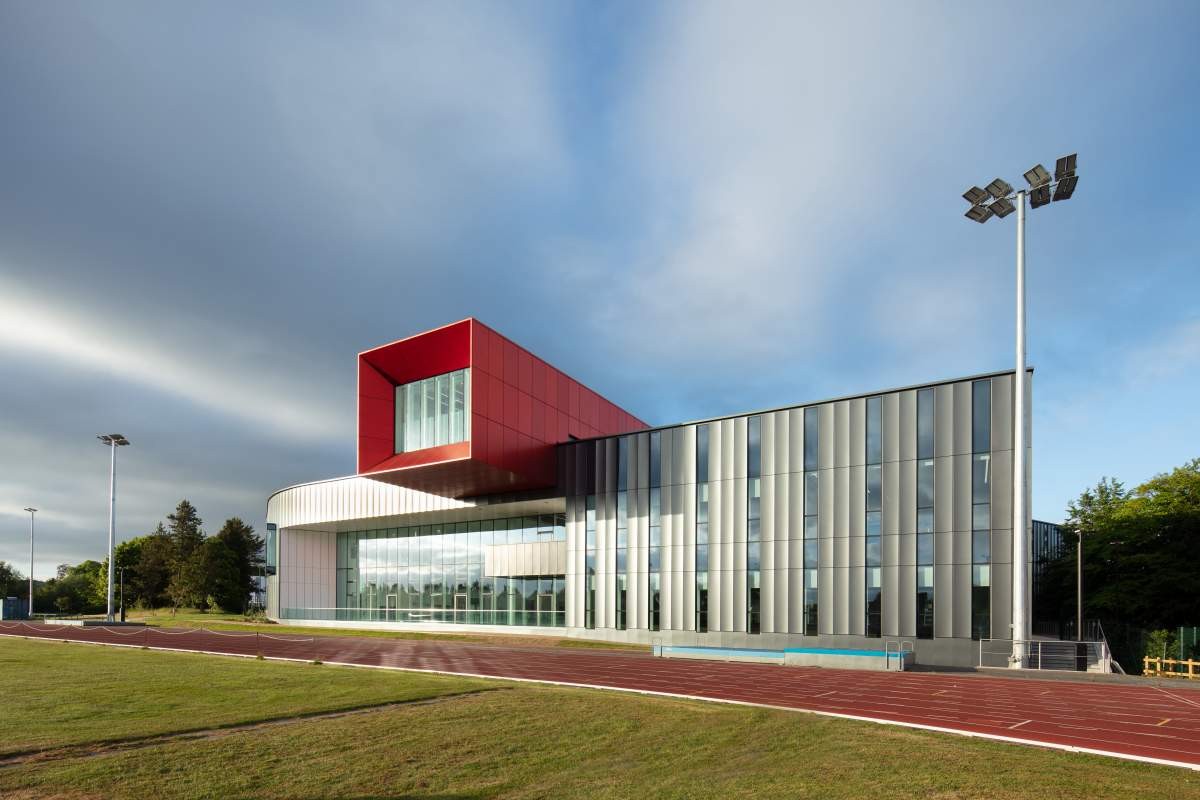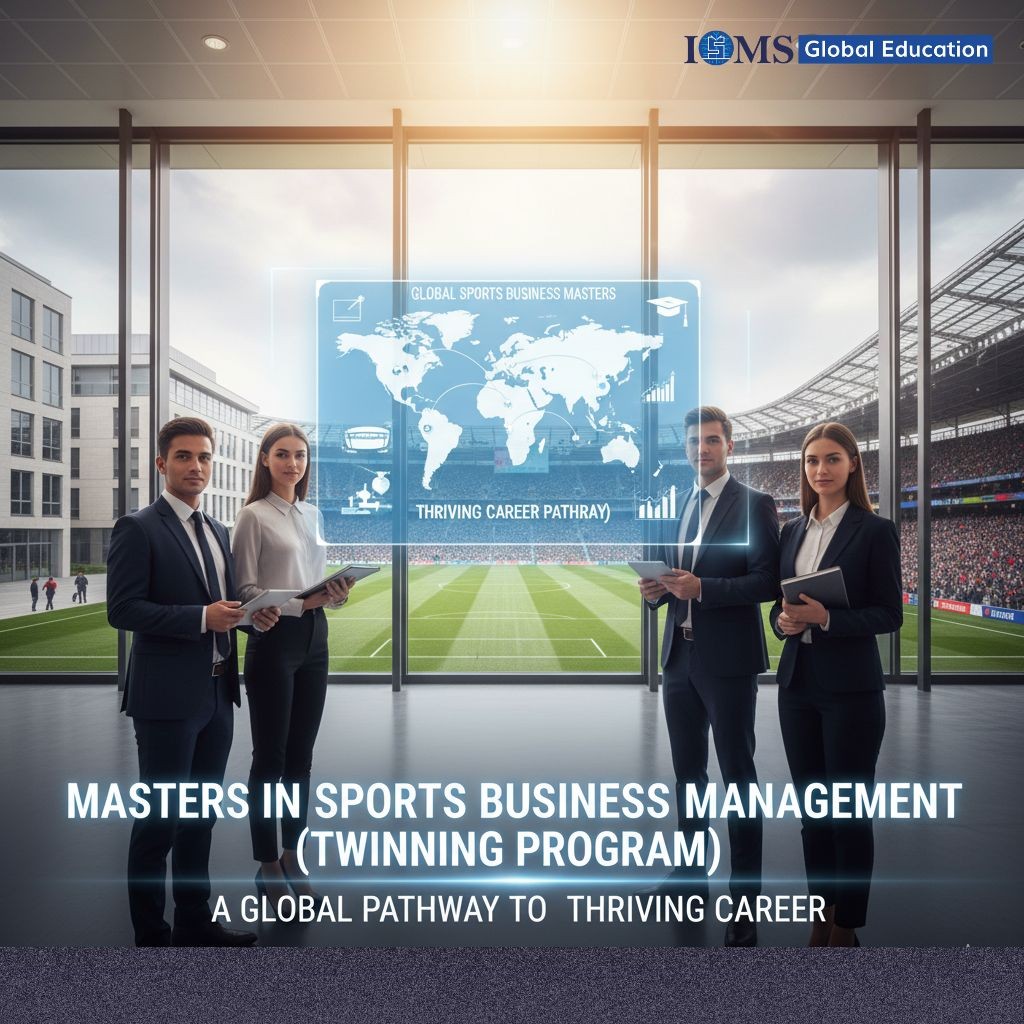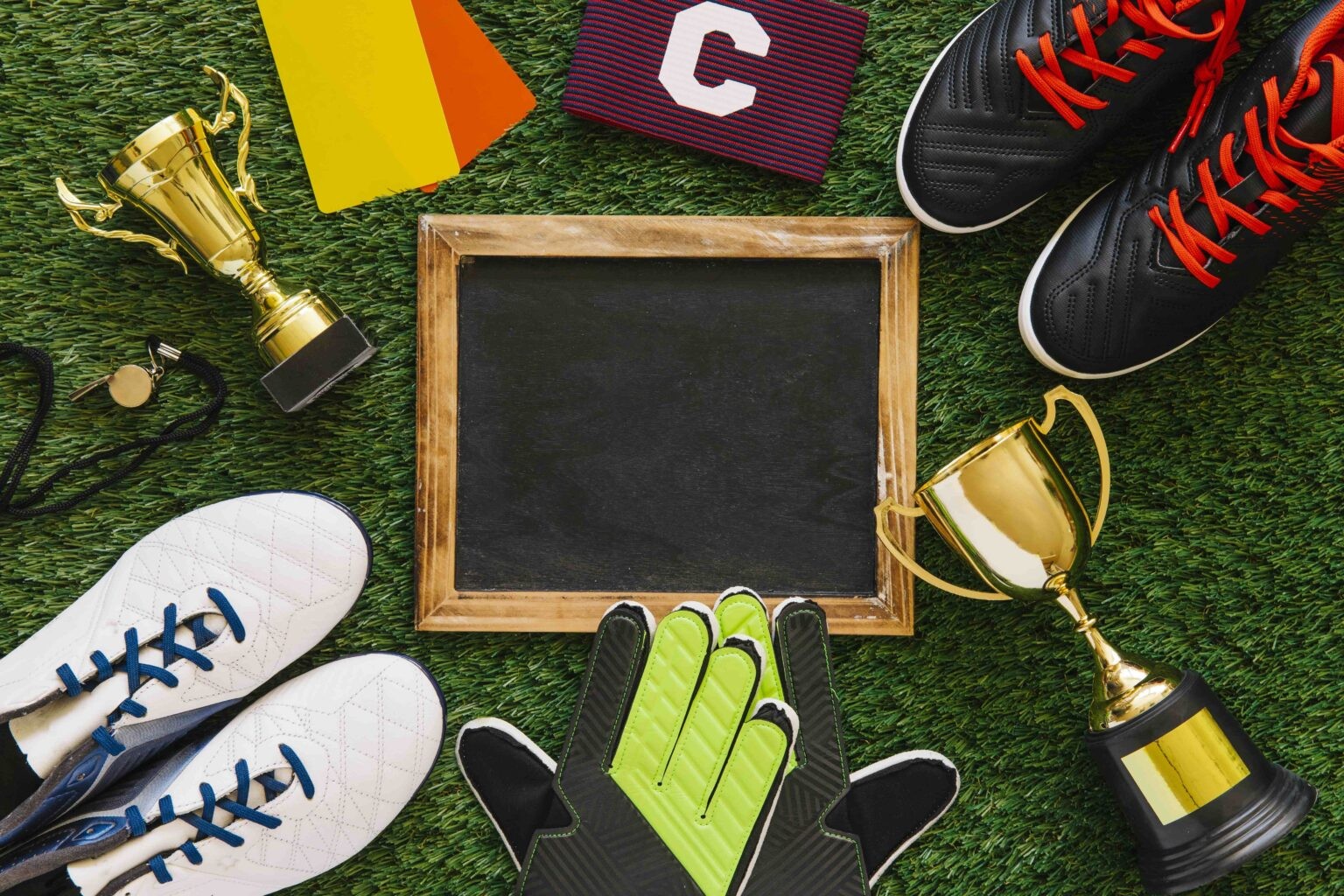Amidst all the changes and top-notch educational establishments dedicated to sports, the Carnegie School of Sports at UK is for certain one of the most notable exceptions. Founded as a strong academic pillar complemented by real-world connections, this esteemed establishment has managed to gain a proper place in the market and beyond, embracing carefully developed sports contacts and extensive partnership chains. Well, that’s enough about me and my learning journey at the Carnegie School of Sports, it is now time to explore what really sets this institution apart from the rest, and why it is important toward closing the gap between academia and practice.
Fostering Collaborative Relationships
In its essence, the strength of Carnegie is its business-like approach to harness cooperation with various players in the sports business. Sports partnerships at Carnegie School of Sports include both professional and community-based groups in a camp that the school participates in with various partners. It makes sure that the students get to embrace the modern world endowments and knowledge along with their academic knowledge.
Professional Sports Teams: It Needs to Be One That Fosters Learning
In our literature review, one of the defining components of the Carnegie model is the element of affiliation with teams in professional sports. Interaction with highly reputed clubs and organizations, students get privileged and rare opportunities to be with the organizational backstage. Such partnerships in internships, research, case development, and guest lectures by industry players give the students extremely useful ways to understand some of the detailed specifics in both Sports management and Marketing at Carnegie School of Sports and in the Analysis of Sporting performance.
The Carnegie School of Sports is ensuring educational success in sports where the spirit of theory-meets-practice and where academia and practice converge. Besides giving better opportunities for students to get good job placements, the school also fosters more connection and enhancement of the various sports business through its wide networks of sport partnership and industrial affiliation. As we have seen, in the future, the Carnegie School of Sports will mean something, and it will empower the next generation to achieve what the current generation has done for sports.
Associating with professional sporting leagues within the field of interest.
The partnerships, with various leagues , teams and events for students to learn more about specific internships, research, and even listen to speak from league officials and executives. These kinds of partnerships offer an invaluable experience to these students at Carnegie School of Sports by ensuring that they understand how some of these big sports organizations function, thus catering for employment in the highest tiers in the sporting industry.
Investments with Other Sports Technology Industry Resources
Given the contemporary orientation of sports towards technology, collaboration with sports technology companies is crucial for delivering students practical experience for analyzing and constructing sports products, emerging technology within the sports industry, such as wearable technology and performance tracking systems. Catapult Sports, STAT Sports, TrackMan are part of our strategic partners, and we are keen to bring technology into the learning process and research. Beneficial ‘soft’ skills include presentation skills, time management skills, resourcefulness, project management, and research skills, available job opportunities involving data analysis for sports teams, athlete load monitoring and indeed the development of new technologies for sports teams.
But also in response to the professionalization it also interfaces with and supports well thought out community based sport organizations for effective participation in the nurturing of grassroots sport and social accountability. Structured partnerships involve recognising and interacting with local sporting clubs, youth groups, and charitable organisations to initiate and participate in outreach, training, and sport development projects.
Global Academic Collaborations
International collaborative research- A student is also able to do his/her research in other countries in any Institution of his/her choice international sports management conference- A student is also able to attend an international conference in sports management. Co-operation agreements in educational twinning with European, Asian and other universities or for linguistic tuition or inter- professional twinning and career development of a profession within a sports industry that is increasingly becoming an international one.
In sum, the Carnegie School of Sport with ISMS Global Education is underwritten by rich networks of sport relationships and business connections to benefit from its wide sporting affiliations. The school improves the learning environment opportunity through membership and affiliation to professional sporting associations, information technology firms, social bodies, academic institutions, and business alumni enabling the learners to prepare for the market as well as advance knowledge frontiers in sporting administration. It is always relevant that Carnegie is ready and willing to keep on likewise repeatedly to continue creating a niche for this and remains the crucial spark of change in this sports education.









